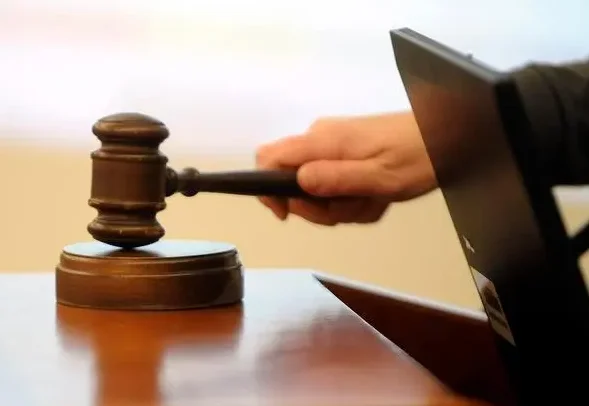
In Kenya, the laws governing debt Recovery:
- The Insolvency Act, 2015: This act outlines the procedures and processes related to insolvency and bankruptcy, including debt recovery measures available to creditors.
- The Land Act, 2012: This act provides provisions related to mortgages and land ownership, which can be relevant in cases where debt is secured by property.
- The Civil Procedure Act: This act outlines the procedures for filing civil cases, including debt recovery suits, in Kenyan courts.
- The Auctioneers Act: This act regulates the activities of auctioneers involved in the sale of property to recover debts.
- The Hire Purchase Act: This act governs the hire-purchase transactions and may have provisions related to debt recovery in such transactions.
- The Banking Act: This act outlines the regulations related to banking, including aspects related to the recovery of debt from borrowers.
- Data Protection Act: While carrying out the debt Recovery,the act requires protection of the customer data against third party who may include relatives ,colleagues or anybody else unless consented by the client.
- Competition Authority: This seeks to protect customer from unhealthy market competition,exorbitant charges that are not stipulated within original loan agreement.
- Consumer Protection act: This protects customers against malicious exploitation by the producers. Customers can raise their complains against any lender whom they feel has broken loan agreement or the product offered did not meet the attached description.
It’s important to note that the legal landscape can change over time, and it’s advisable to consult legal professionals or updated legal resources for the most current information on debt recovery laws in Kenya.
FAQs: Laws Governing Debt Recovery Process in Kenya
1. What is debt recovery, and why is it important in Kenya’s context?
Debt recovery refers to the process of collecting owed funds from individuals, businesses, or entities that have failed to fulfill their financial obligations. In Kenya, where economic activities are diverse and growing, debt recovery is crucial for maintaining financial stability, protecting creditors’ rights, and promoting a healthy business environment.
2. Which laws govern the debt recovery process in Kenya?
The primary laws governing debt recovery in Kenya include the Law of Contract Act, the Insolvency Act, and the Companies Act. Additionally, the Kenyan Constitution and other commercial laws play a role in shaping debt recovery practices.
3. What role does the Law of Contract Act play in debt recovery?
The Law of Contract Act outlines the fundamental principles of contract law in Kenya. It governs the creation, execution, and enforcement of contracts, which are the basis of debt relationships. This Act provides the legal framework for parties to recover debts based on breach of contract.
4. How does the Insolvency Act address debt recovery?
The Insolvency Act lays out procedures for dealing with individuals or companies facing financial distress and insolvency. It provides mechanisms for creditors to recover debts through insolvency proceedings, including liquidation and administration.
5. How does the Companies Act relate to debt recovery?
The Companies Act sets out regulations for corporate entities in Kenya. It impacts debt recovery by specifying how creditors can initiate winding-up proceedings against companies unable to meet their financial obligations.
6. Are there alternative methods to resolve debt disputes in Kenya?
Yes, alternative dispute resolution (ADR) methods are available, including negotiation, mediation, and arbitration. These mechanisms offer more streamlined and efficient ways to settle debt disputes outside of traditional court proceedings.
7. What remedies are available to creditors pursuing debt recovery?
Creditors can seek various remedies, including obtaining court judgments, enforcing security interests, seizing assets, and instituting insolvency proceedings. The appropriate remedy depends on the circumstances of the debt and the legal avenues available.
8. What rights do debtors have during the debt recovery process?
Debtors have rights protected under Kenyan law, such as the right to be informed of the debt owed and the right to challenge improper debt collection practices. The law also prohibits harassment and unfair practices by creditors.
9. How can businesses and individuals navigate the debt recovery process effectively?
To navigate the debt recovery process in Kenya, it’s essential to have a thorough understanding of relevant laws, maintain proper documentation, engage in clear communication, and consider seeking legal advice when needed.
10. What role does the Kenyan Constitution play in debt recovery?
The Kenyan Constitution provides a foundational framework for all laws in the country, including those related to debt recovery. It upholds principles of justice, fairness, and the protection of rights, which are relevant in debt recovery disputes.
It’s important to note that the legal landscape can change over time, and it’s advisable to consult legal professionals or updated legal resources for the most current information on debt recovery laws in Kenya.
